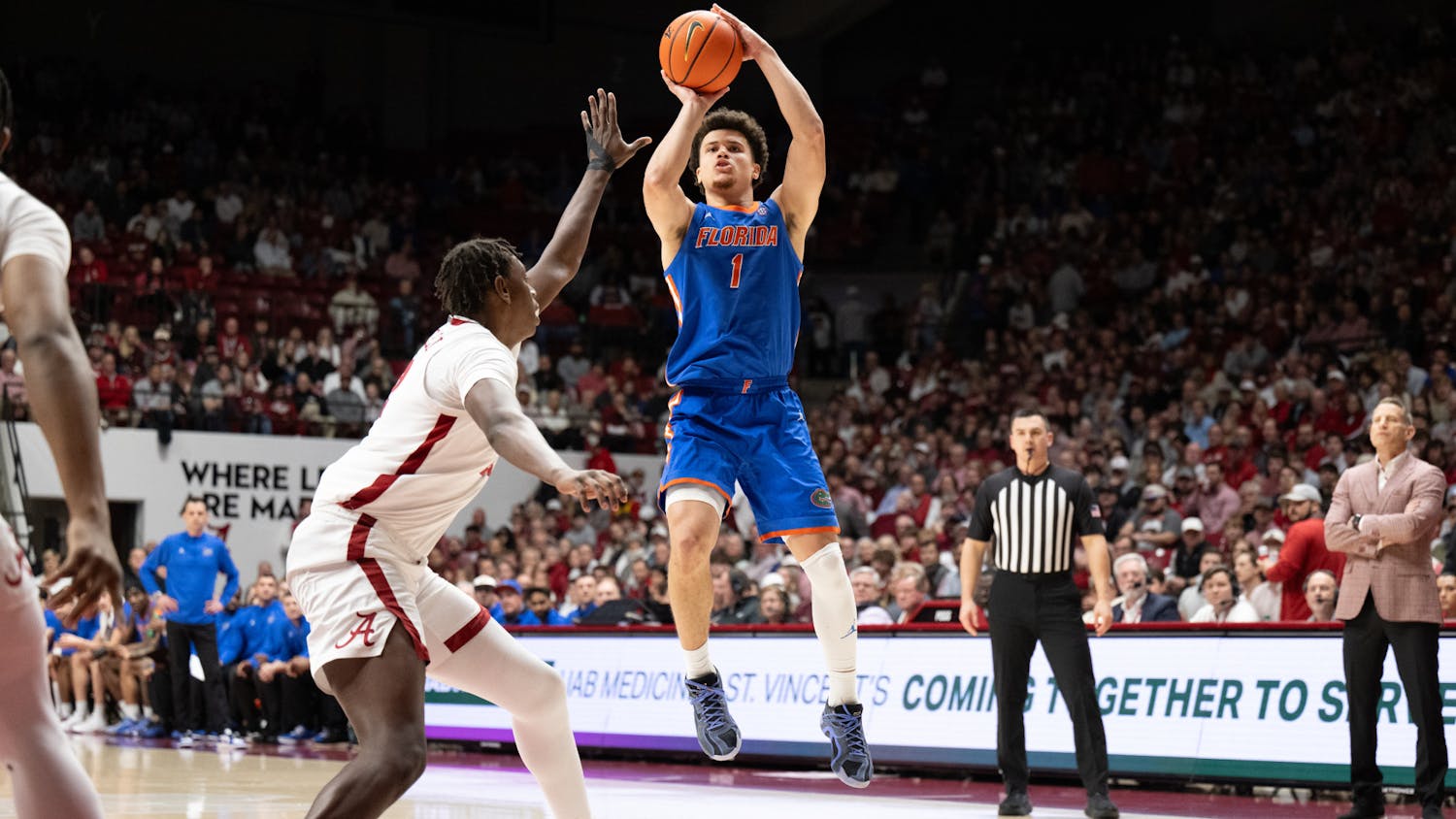As more people join Facebook and Myspace, the social networking Web sites have become a breeding ground for money scams.
Caitlin Murphy, a 20-year-old sophomore at Santa Fe College, received a check for $2,300 for two tickets she sold for $200 on Facebook's Marketplace application.
"I felt weird about the whole transaction," Murphy said, "but I followed the directions the seller gave me because I could have used the money."
She said the buyer contacted her through e-mail and told her to consider the tickets sold for $200 even though she listed the tickets for $50.
After getting the check, Murphy said the letter attached said to put the check into her account, get a money order for the sum left over and send the money order to a different address.
She said a teller at the Wachovia Bank on Southwest Archer Road warned her that the check may be fraudulent.
The teller consulted with co-workers and then called a number that told her the funds for the check were not there.
"If I would have sent the money order, the check would never go through and I would have been out $2,000," Murphy said.
According to Tiffany Dunn, a verification unit analyst for Wachovia Bank's loss management department in Northeast Florida, fraud through social-networking sites is becoming a popular way to target college students.
"Most of the time students are in desperate need of money and are easily tricked," Dunn said.
She said most of these cases are usually through fraudulent checks that scammers use to buy items off places like Facebook's Marketplace application or eBay.
"Any time you sell something and someone sends you a check for more than the item is worth, and then wants you to send them the rest of the money back, it is usually a scam," Dunn said.
Murphy said she e-mailed the buyer and told him she lost the tickets to avoid controversy. She said he had her address and she didn't want to take any chances.
The growing numbers of scams through social-networking sites has triggered response from the Better Business Bureau.
The Northeast Florida Better Business Bureau office in Gainesville is linked to consumer tips on how to be protected against scammers on social-networking sites.
According to the news release, wiring money to a different location is common, and if completed there is no way for consumers to get the money back.
Even though check fraud has long been a problem, Dunn said the number of cases are rising because social-networking Web sites allow people to claim to be friends with someone they don't know.
"If the money is too good to be true," she said, "it probably is."
Dunn said you should never accept checks from someone you don't know and to try to use a payment system like PayPal to safeguard transactions.





